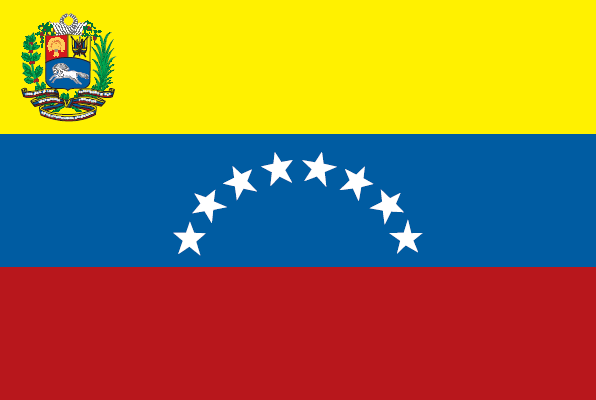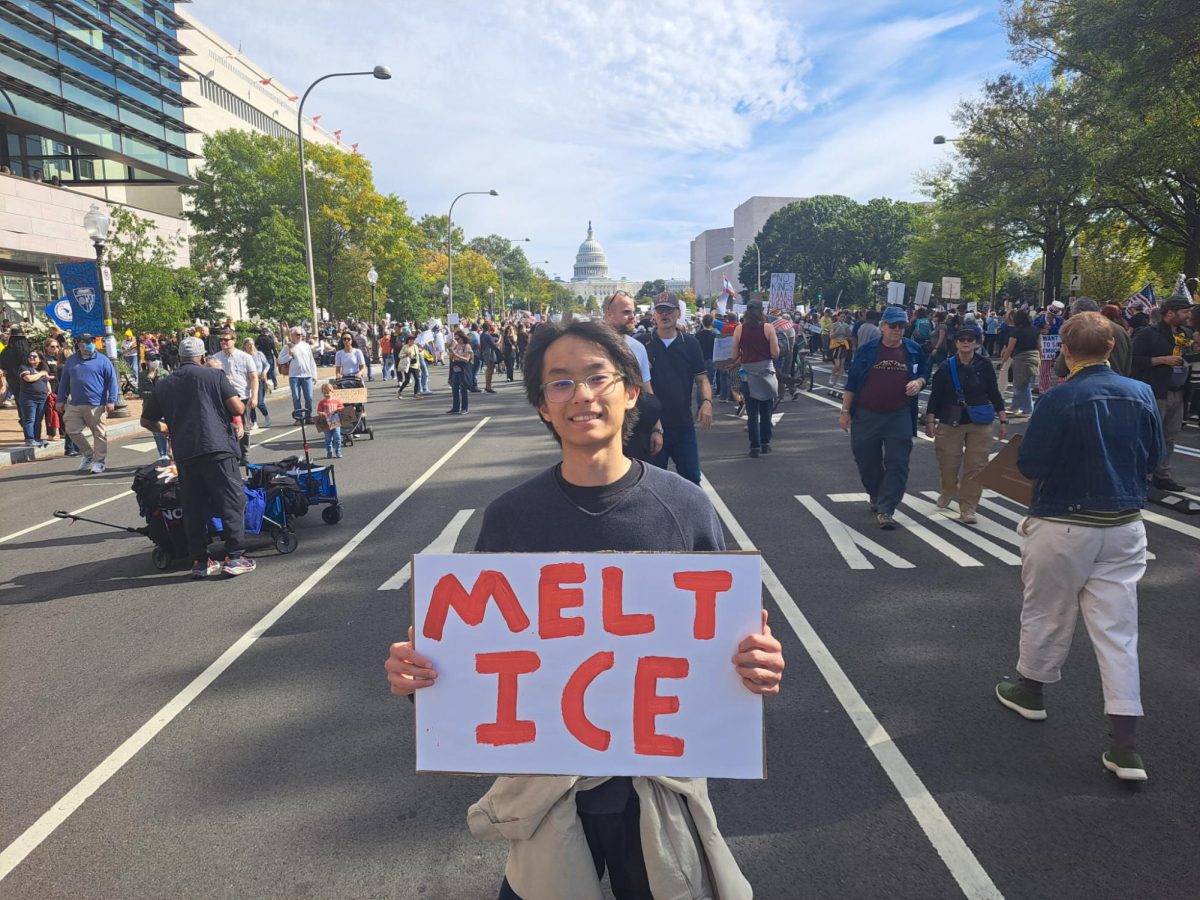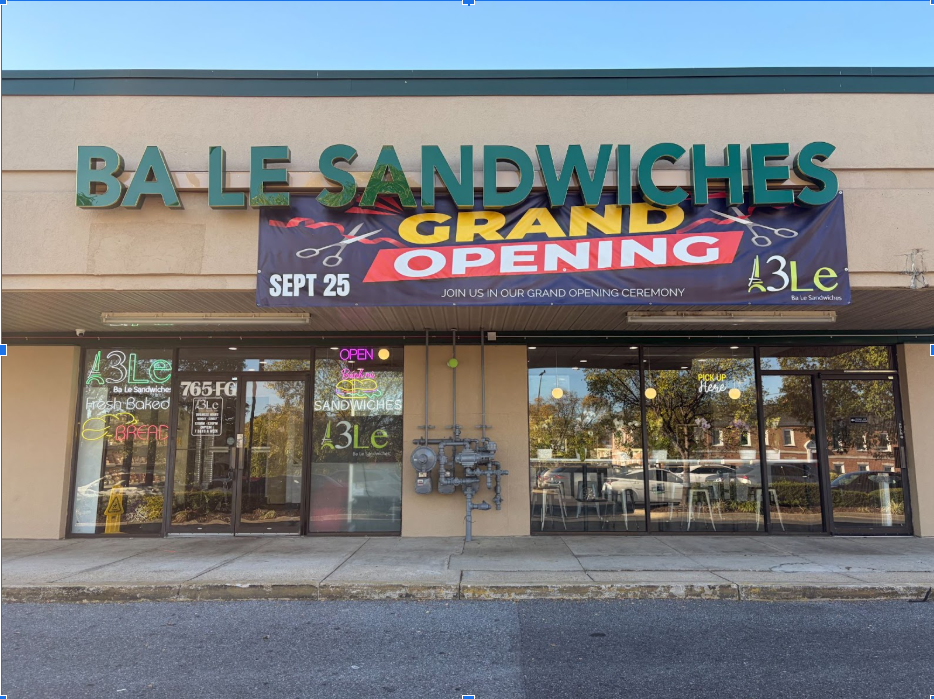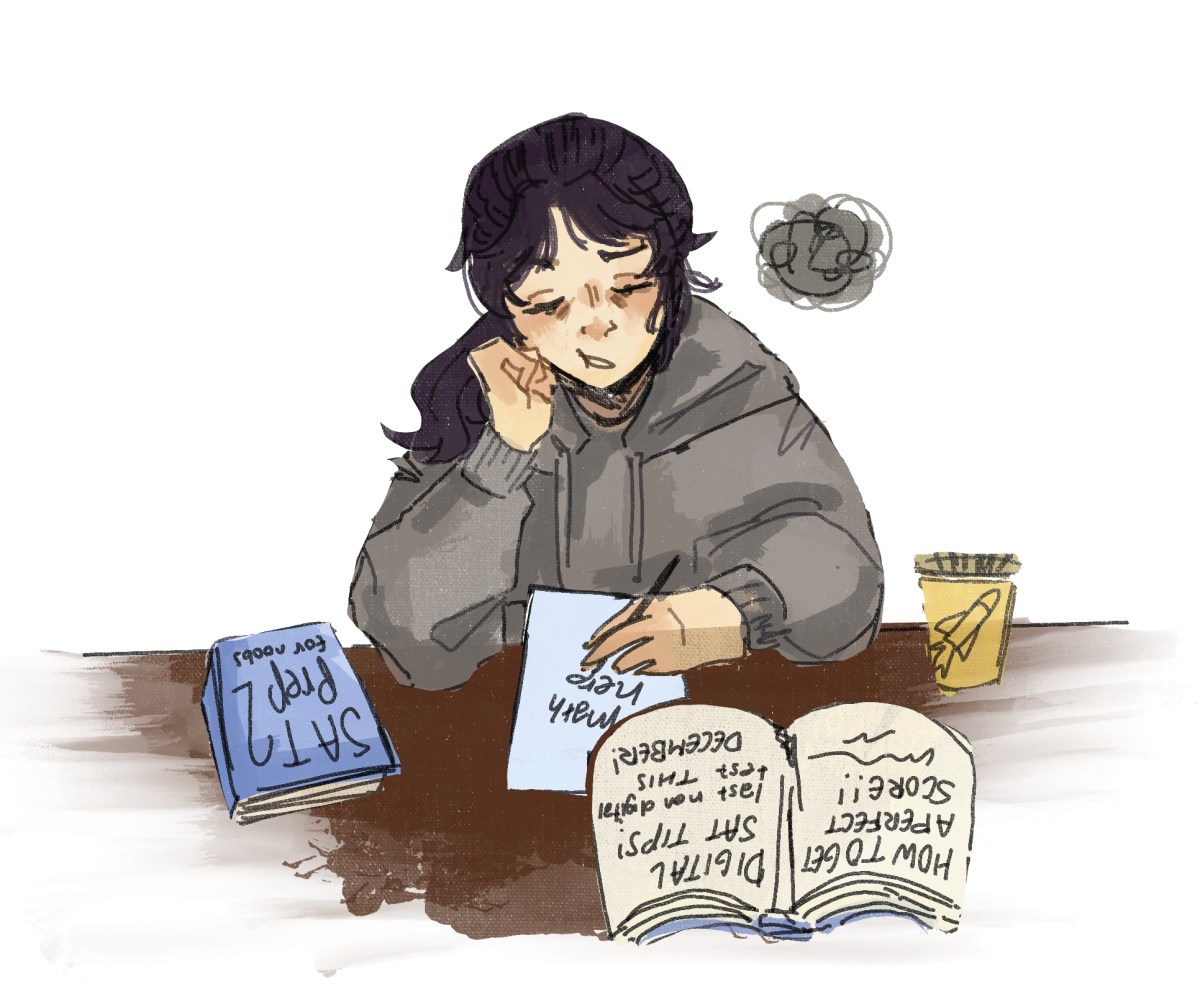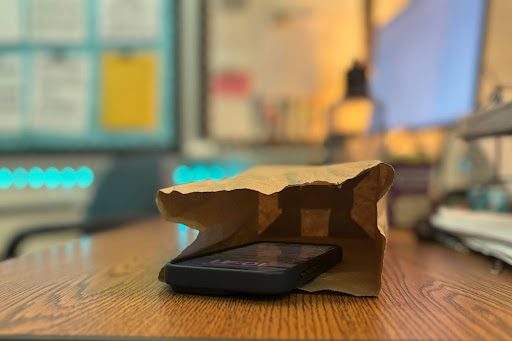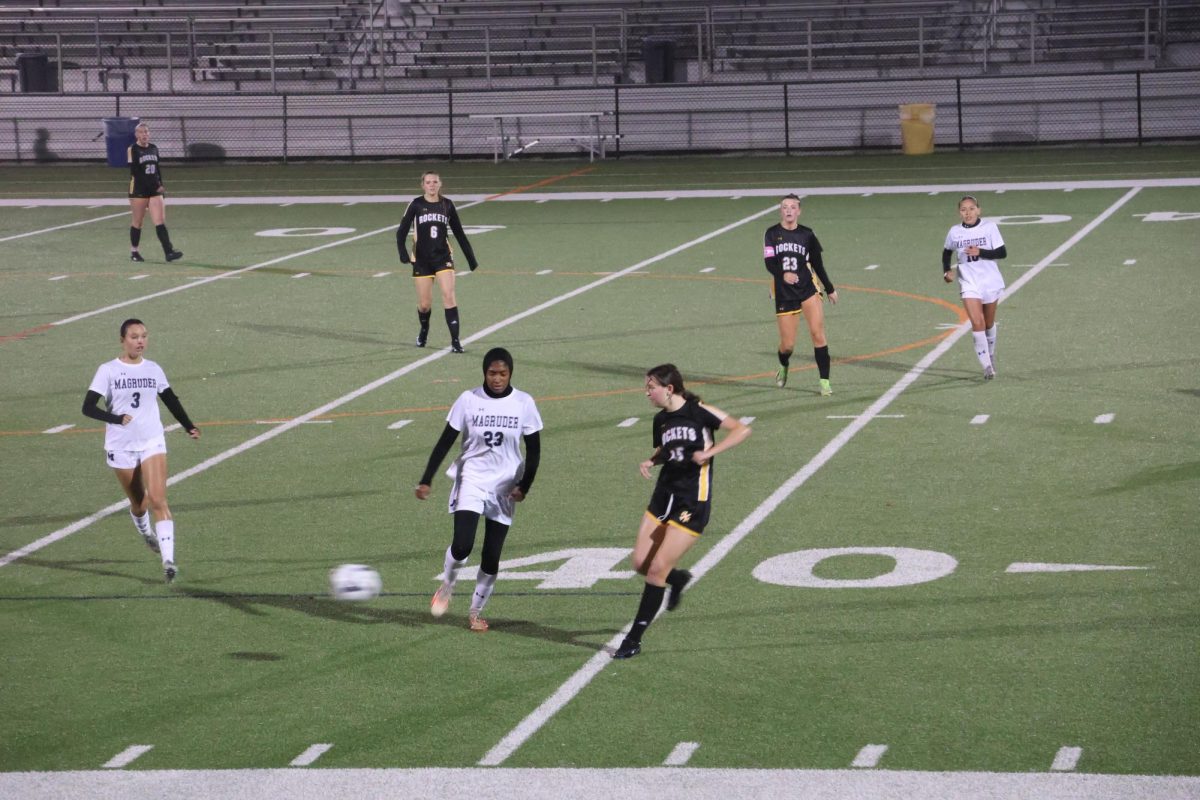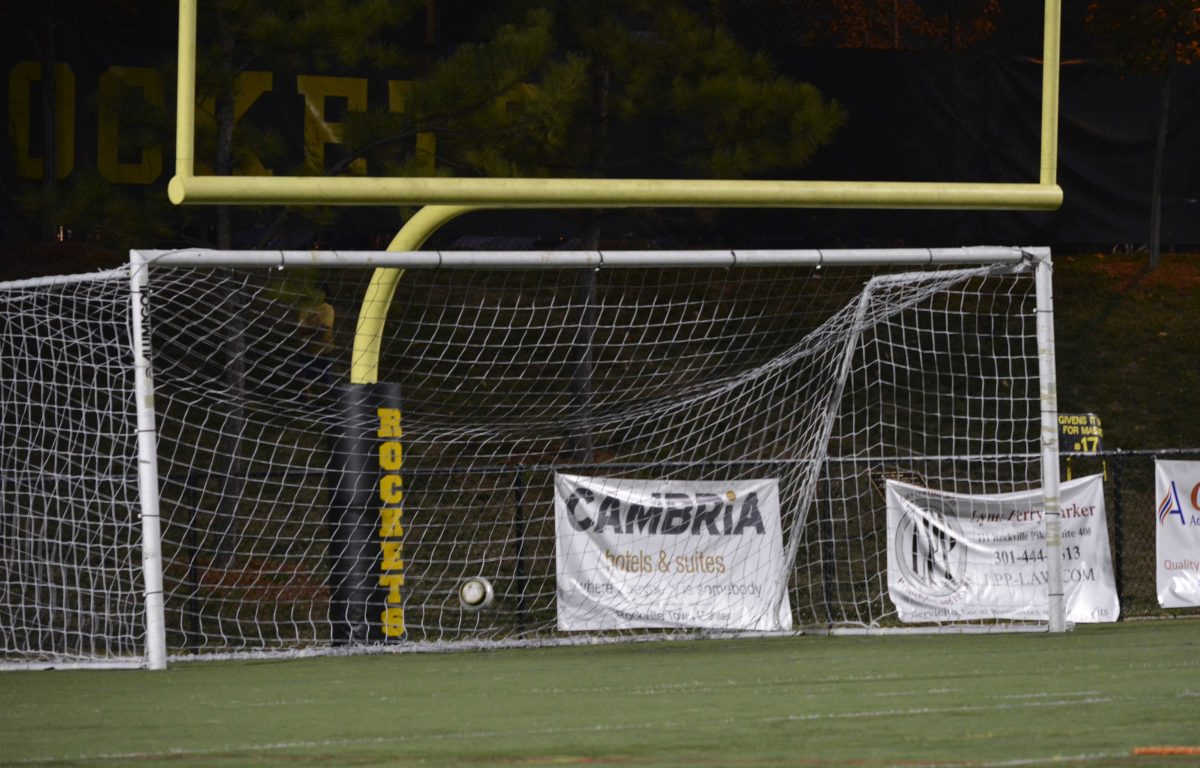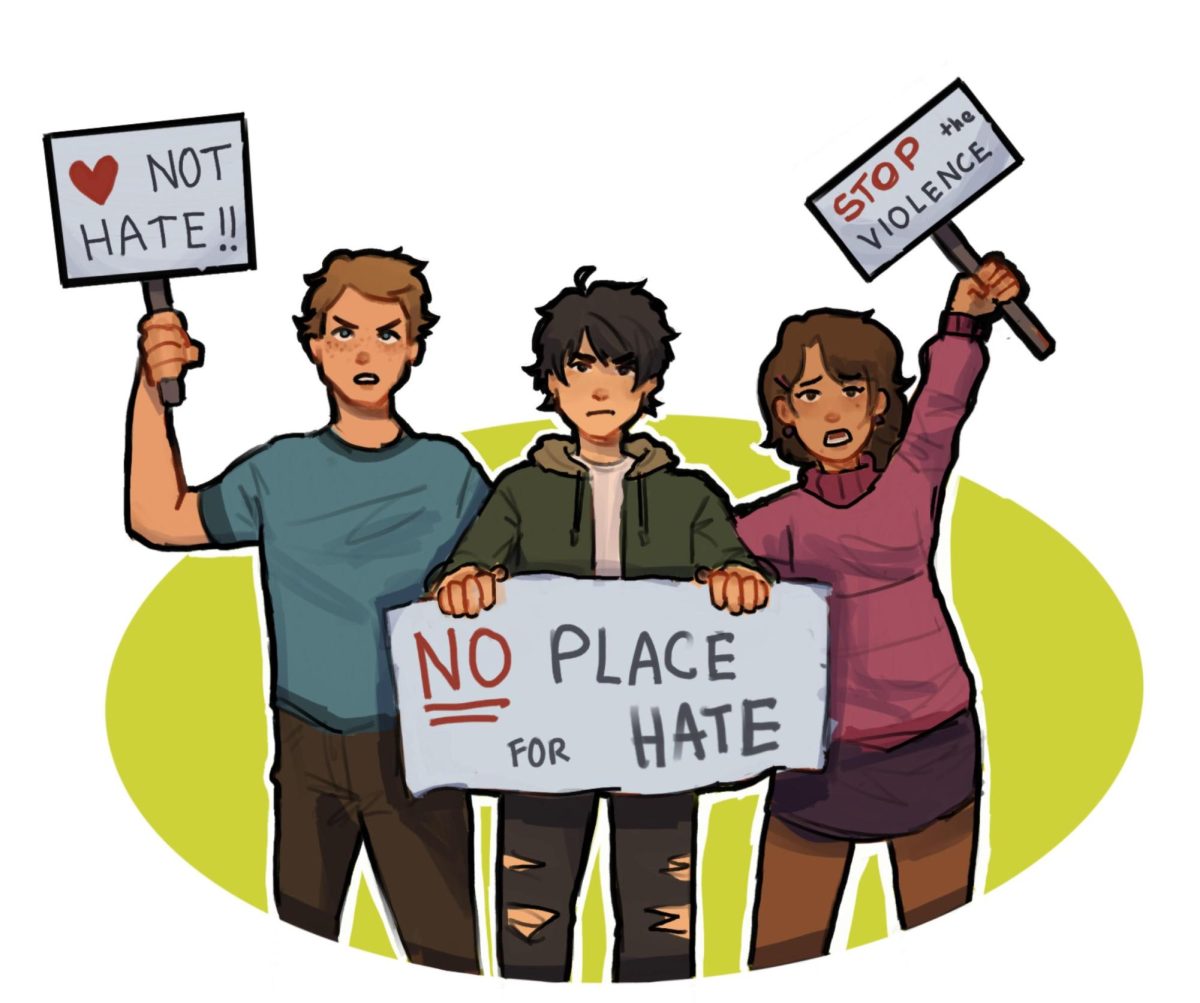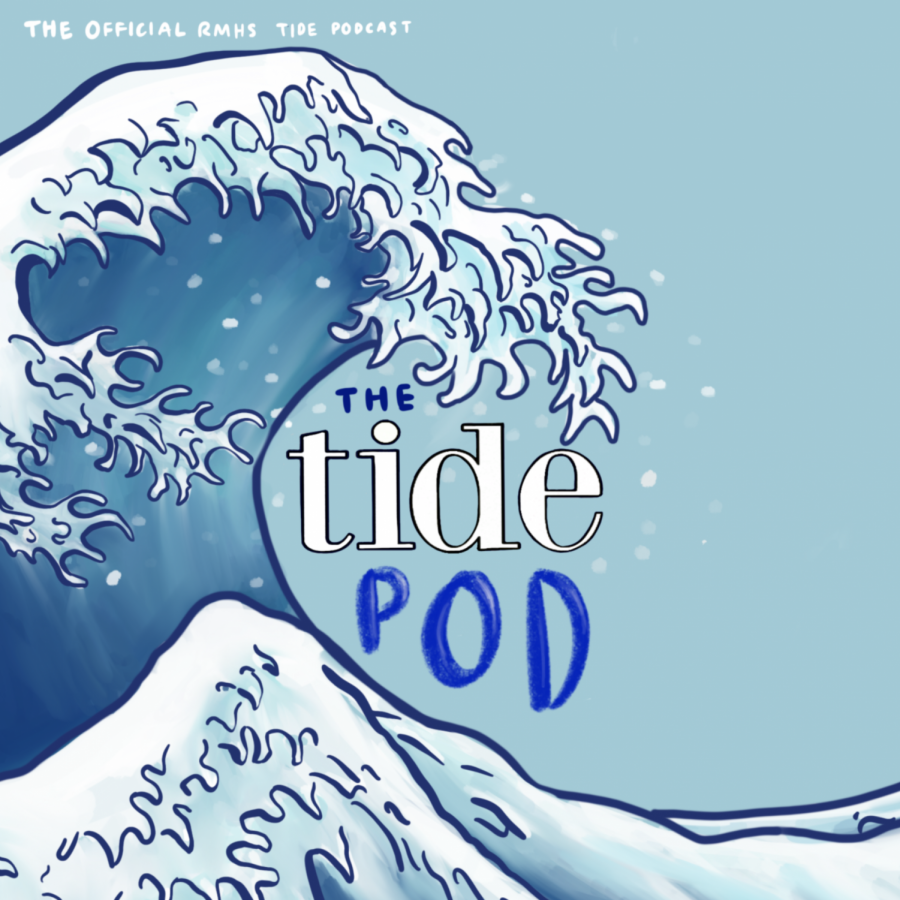Venezuela was added to President Trump’s latest travel ban on September 25, 2017, in a move condemned by Venezuelan authorities as a form of “psychological terrorism.” Months of turmoil have led to this moment as Venezuelan President Maduro struggles to deal with a economic and political crisis of major proportions.
With an inflation rate over 400 percent, Venezuela suffers from high food prices and a lack of essential goods including clothing, medication and education. Although Venezuela has the largest oil reserves in the world, Venezuela’s oil revenues are no longer sufficient to sustain food subsidies and social programmes.
Economic instability grew in Venezuela as the price of oil fell from its historic high of $100 a barrel during the presidency of Hugo Chavez. Venezuelan companies who use oil money to import products from abroad now find their imports limited by currency controls, which puts a strain on supply.
Although the government controls the price of basic goods, the emergence of a black market has resold products from shops at incredibly high prices. These skyrocketing costs make it nearly impossible for average Venezuelans to eat. Demonstrators have been clashing with police for months now while they protest these difficult conditions.
“I think you’re looking at a very angry population, a population that’s being deprived of basic necessities like toilet paper and food. You look at pictures of grocery stores in Venezuela and there’s just nothing,” said RM Junior Daniela Brigatti.
The economic woes Venezuelans suffer are made worse by what critics call a corrupt government. In March 2017, the pro-Maduro Supreme Court stripped away the legislative abilities of the opposition-controlled Congress, the National Assembly. This move sparked mass protests, and Maduro was accused of moving towards a dictatorship.
“I don’t think that any president that holds office longer than is constitutional or makes any sort of authoritative decision about the government can be declared a president that is not a dictator. I definitely think that he fits the mold of a dictator in government,” said RM Junior Camila Losada, whose mother is Venezuelan.
Maduro later announced plans for an election to establish the Constituent Assembly, a new legislative body that will have the ability to rewrite the constitution, dissolve the opposition-led National Assembly, and enact its own laws. Despite heavy protests, the results of the July 2017 vote were in favor of the Constituent Assembly.
“[The vote] was a joke,” said Alejandra, Camila’s mother. “People stopped working, stopped school, stopped everything. Life stopped and the people went outside, on the streets, for more than 100 days. And with no arms, with anything to damage anybody, showing that they can’t handle this any more.”
As relations between the Venezuelan government and its people continue to deteriorate, the future of the once prosperous country is now in question. The government is running out of money, with only $10.4 billion left in foreign reserves, and a debt of $7.2 billion. Analysts think that Venezuela needs to either stop importing food or default on its debt.
According to RM resource teacher Mrs. Maria Solernou, “a more unified response from countries in Latin America,” would go a long way in ameliorating the tenuous situation in Venezuela.
Camila’s mother stresses the idea of unification as well, and hopes to see her country restored in her lifetime. “I want to be able to take my kids there and show them where I grew up, where I used to have fun and be with my family and have vacation and go to the beach, and do this and that. That’s what I want.”


